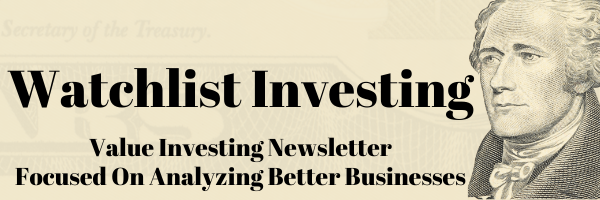One of the most enjoyable things about studying Charlie Munger is seeing his multidisciplinary thought process in action. As is often the case with Munger, and his partner, Warren Buffett, insights are at the same time disconnected at the surface and united at some fundamental level. They are the kind that make you realize how hard ‘simple’ really is. An example of this way of thinking was given at the 2013 Daily Journal Corporation Annual meeting, held in California.
According to a transcript of that meeting Munger was asked about Berkshire Hathaway, of which Munger is Vice Chairman, making newspaper investments in today’s electronic age. This is what Charlie said:
“…we don’t mind something that is declining. After all, everybody that buys an oil field is buying something he expects to decline in due course to zero. They just expect to make enough money out of it to compensate for the money they’re employing.”
You can say that’s perfectly obvious, which it is, but how many people have trained themselves to think that way? The newspaper-as-an-oil-well analogy expresses the simple fact that investing is simply laying out money now in order to get more money back later. So what if the cash flows are declining, or will end? That can be adjusted for in the purchase price. The economic reality is that a newspaper – and presumably a dying one – is no different from an oil well. To make money at either venture of course relies on expertise and certain judgment calls, such as how much oil is left in the ground or how many papers you can sell and for how long, but the realities are still the same.
Munger has trained his mind to recognize connections that others miss. When others are writing off newspapers as an unprofitable area for investment Munger, and Berkshire Hathaway’s newspapers, are busy pumping real dollars to the bottom line. It pays to think differently.
#cashflow
#investing

